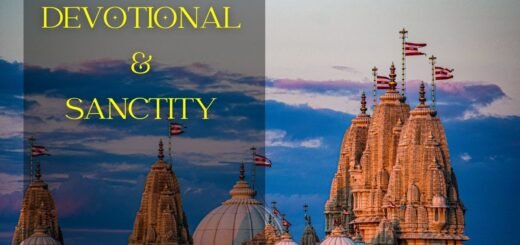Pashupatinath Temple Daily Pooja Seva Details List
Know the details about Pashupatinath Temple Daily Pooja Seva Details List, Pashupatinath Temple daily seva list details, Pashupatinath Temple location guide
Pashupatinath Temple Daily Pooja Seva Details List: A Sacred Journey
Nestled amidst the bustling city of Kathmandu, Nepal, the Pashupatinath Temple stands as a testament to the rich cultural heritage and spiritual significance of the region. This sacred Hindu temple, dedicated to Lord Shiva, attracts devotees from all around the world who seek solace, blessings, and a connection with the divine. See below to get the details about Pashupatinath Temple Daily Pooja Seva Details List
Pashupatinath Temple Daily Pooja Seva Details List
Daily Pooja Seva at Pashupatinath Temple
At Pashupatinath Temple, the daily Pooja Seva rituals are an integral part of the spiritual experience. The temple priests perform these rituals to honor Lord Shiva and obtain his blessings for the well-being and prosperity of the followers.
1. Morning Pooja Seva
The day begins at Pashupatinath Temple with the Morning Pooja Seva, which starts at the crack of dawn. Devotees can witness the mesmerizing sight of the temple bathed in the soft glow of the rising sun as they participate in the morning rituals. The priests perform various rituals, including the Abhishekam (ritualistic bathing of the deity) and offer flowers, incense, and other sacred items to Lord Shiva.
2. Midday Pooja Seva
The Midday Pooja Seva takes place around noon, offering devotees an opportunity to seek blessings during their lunch break or leisurely visit to the temple. During this time, the priests carry out special rituals while chanting pious mantras. The atmosphere is filled with devotion and tranquility as devotees offer their prayers and gratitude.
3. Evening Aarti
The evening aarti at Pashupatinath Temple is a sight to behold. As the sun sets and darkness descends, the temple comes alive with the flickering flames of oil lamps and the resonating sounds of bells and chants. The soul-stirring sounds of traditional musical instruments accompany the priests as they perform the Aarti, a ritual of offering light to the deity. This divine spectacle leaves devotees spellbound and immersed in the spiritual aura of the temple.
Click here to get the Pashupatinath Temple Daily Pooja Seva Details List
The Spiritual Haven of Pashupatinath Temple
Daily Seva Timings Details
It is essential to be aware of the daily seva timings at Pashupatinath Temple to plan your visit accordingly.
- Morning Pooja Seva: 4:00 AM to 12:00 PM
- Midday Pooja Seva: 12:00 PM to 5:00 PM
- Evening Aarti: 6:00 PM to 7:00 PM
Best Time to Visit Pashupatinath Temple
Pashupatinath Temple welcomes devotees throughout the year. However, certain times of the year hold special significance and attract a larger number of pilgrims:
Maha Shivaratri
Maha Shivaratri, the Great Night of Lord Shiva, is one of the most auspicious occasions to visit Pashupatinath Temple. Celebrated in February or March, devotees flock to the temple to offer their prayers and witness the grand festivities that take place throughout the night.
Teej Festival
The Teej Festival, predominantly celebrated by women, is another vibrant time to visit Pashupatinath Temple. Occurring in August or September, the festival involves fasting, singing, dancing, and seeking blessings for marital bliss and the well-being of their spouses.
Other Festivals
Pashupatinath Temple is also a hub of celebration during festivals like Shivaratri, Basanta Panchami, and Krishna Janmashtami. These festive periods offer a unique opportunity to witness the temple adorned with vibrant decorations and witness cultural performances.
Click here to get Pashupatinath Temple History Significance Temple Darshan Timings
In Conclusion
Pashupatinath Temple, with its daily Pooja Seva rituals and serene ambiance, provides a spiritual haven for devotees seeking solace and connection with the divine. Whether you visit during the daily seva timings or during auspicious festivals, a journey to this sacred temple promises a transformative experience and a deeper understanding of Hindu traditions and spirituality.


